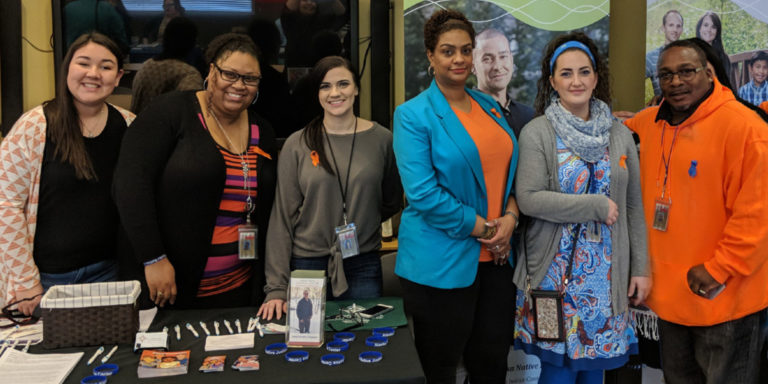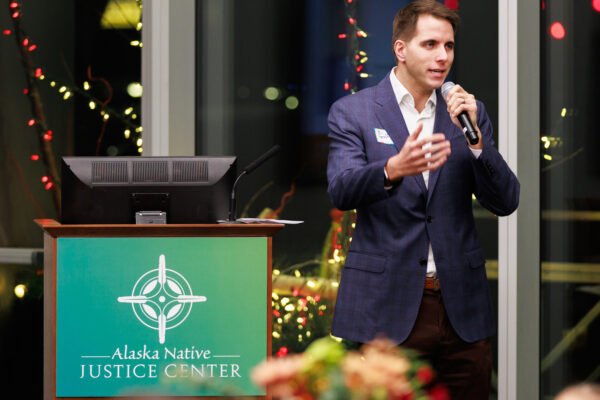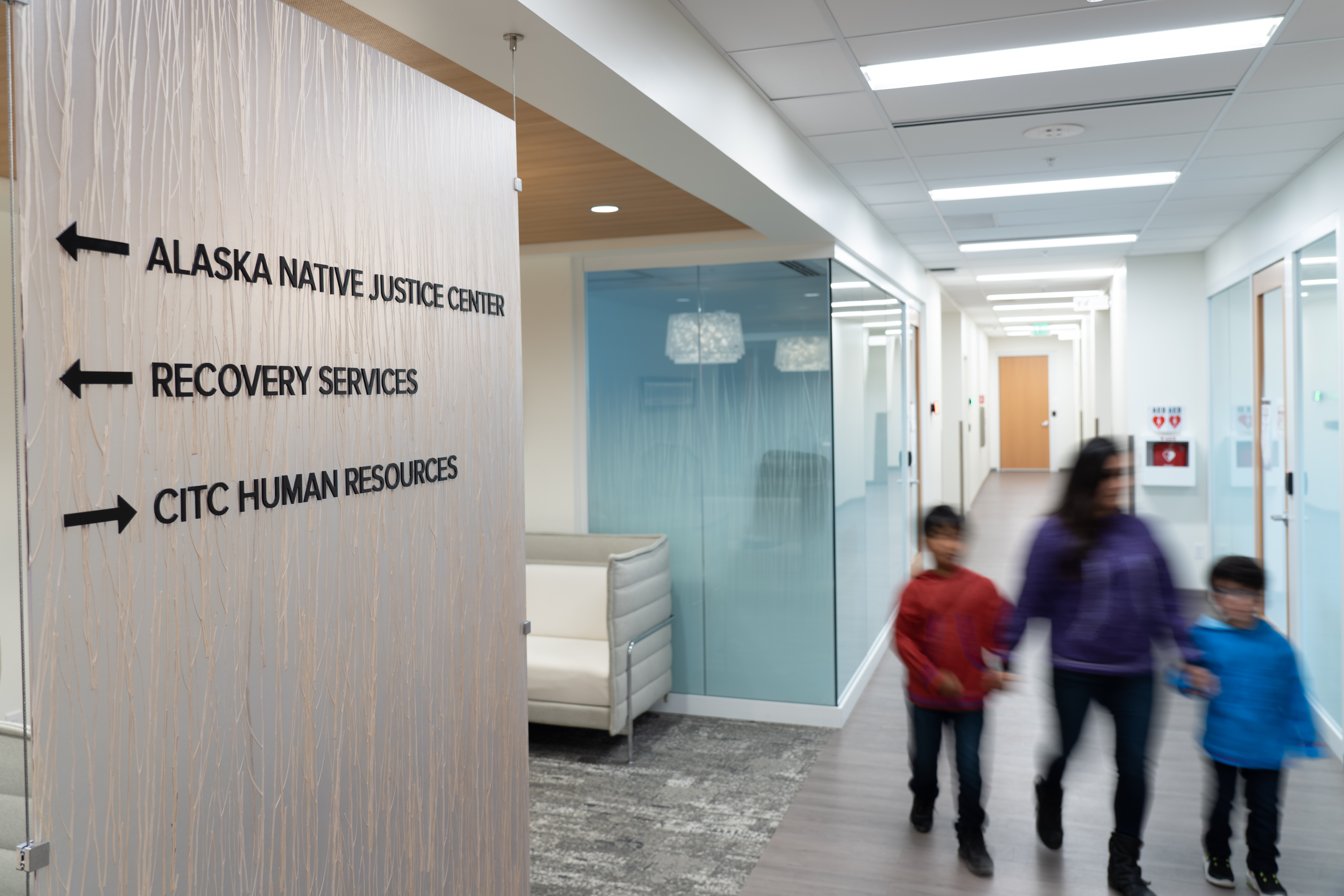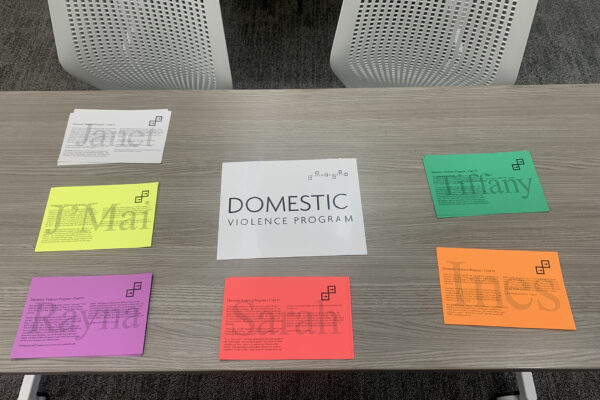One year after becoming a CITC subsidiary, ANJC looks back on its growth—and forward to its next phase

In 2016, ANJC became a subsidiary of Cook Inlet Tribal Council (CITC). The new partnership was meant to more closely align ANJC’s services with CITC’s and to provide additional administrative and funding support for ANJC.
About a year and a half after this change, ANJC has grown tremendously and in more ways than one.
“We more than doubled our grants for advocacy and reentry,” reviewed ANJC Director of Operations Tammy Ashley, singling out ANJC’s two main focus areas: Adult Reentry, which aims to effectively and successfully reintegrate those who have been in prison back into society; and Advocacy for Victims, which supports individuals who have been physically, emotionally, or sexually abused by a partner or are seeking assistance with civil legal issues related to family law. The Advocacy team also assists victims of human trafficking.
ANJC has increased its staff, as well; 75 percent of these new hires have been Alaska Native. This enhanced capacity ensures that those who need justice help get it, while new methods of tracking participants’ cases provides greater consistency in service.
It also allows the organization to do more education about its services and to go outside of Anchorage to areas of the state where individuals might not have easy access to advocacy help. Already, ANJC has traveled to several communities across the state to raise awareness around its services. ANJC advocate/ case managers can now also offer over-the-phone case management to those communities on a weekly basis.
“Privacy is a major barrier to getting help for victims of domestic violence or sexual assault who live in rural communities,” Tammy explained. “An individual may not want to go to the local shelter because someone who works there is related to them, or related to their abuser. That’s why access to case management outside the community is important. And if they need more, we will refer them to the right place to get help.”
What’s Next?
- Service expansion: 18 community “hubs” established to serve rural Alaskans
- Increased advocacy: Additional partnerships with other advocacy organizations
- Broadened client base: Services for rehabilitating sex offenders
- Youth-focused programs: Mentoring and support for at-risk youth




